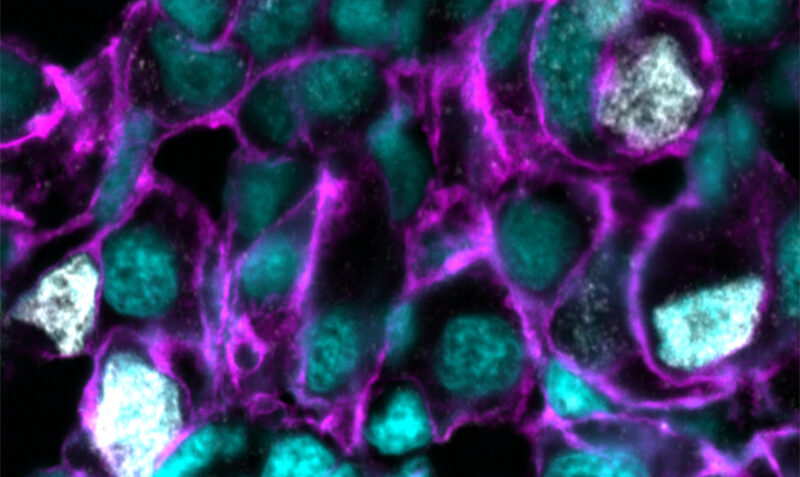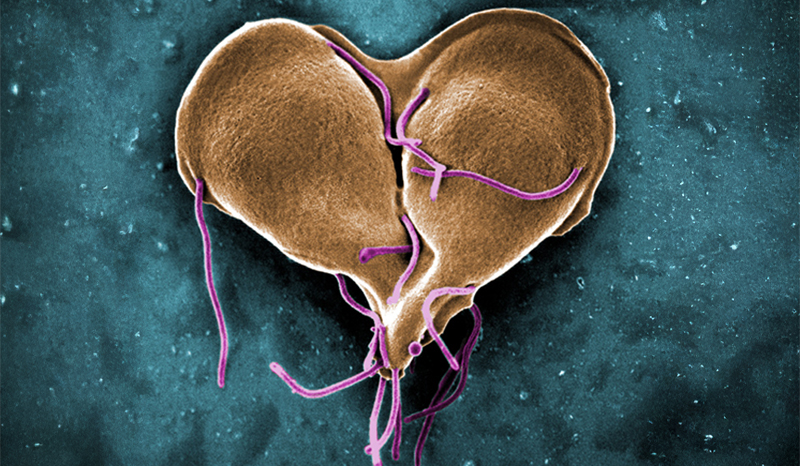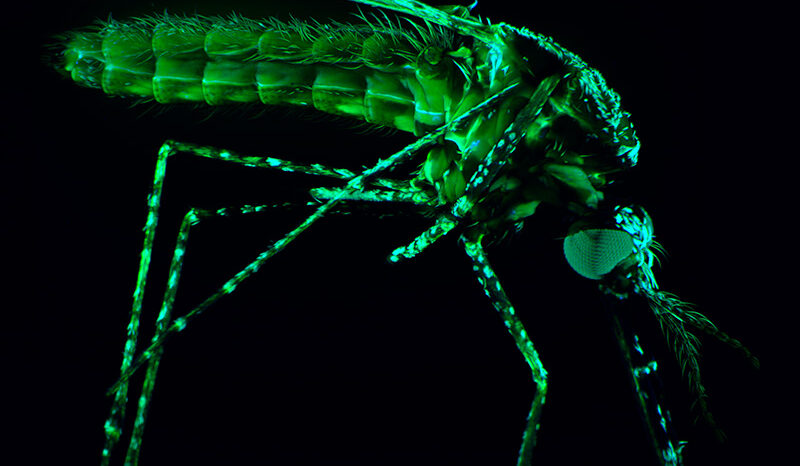Why minor splicing matters
Splicing is how cells turn long strands of RNA into shorter pieces called messenger RNA, which provide the template for the production of proteins.
While major splicing carries out 99.5% of this work, minor splicing is an indispensable process for the remaining 0.5% of genes, affecting about 700 of the 20,000 genes in the human genome.
The new research reveals that blocking minor splicing causes the accumulation of DNA damage in cancer cells and activates a key tumour suppressor pathway that leads to cell death. Remarkably, healthy cells are largely unaffected.
Although it affects only a small sub-set of genes, minor splicing is crucial for the correct expression of genes that drive cell growth and division – making it a potential Achilles’ heel for cancer cells.
Importantly, many of these genes are commonly hijacked by cancers driven by KRAS mutations, which are among the most frequent genetic changes found in solid tumours.
WEHI laboratory head Professor Joan Heath said scientists have long known that KRAS is central to many aggressive cancers but have struggled to turn that knowledge into broadly effective treatments.
“KRAS mutations come in a variety of flavours, making them extremely hard to treat, so even with decades of scientific effort there has been only limited progress so far,” Prof Heath said.
“But our approach is different. Instead of trying to target specific mutations that may only apply to a subset of patients, we’re disrupting a fundamental process that these fast-growing cancers rely on.
“This research offers a new way to tackle a problem that’s long resisted conventional approaches, with the potential to help a much wider group of patients.”












